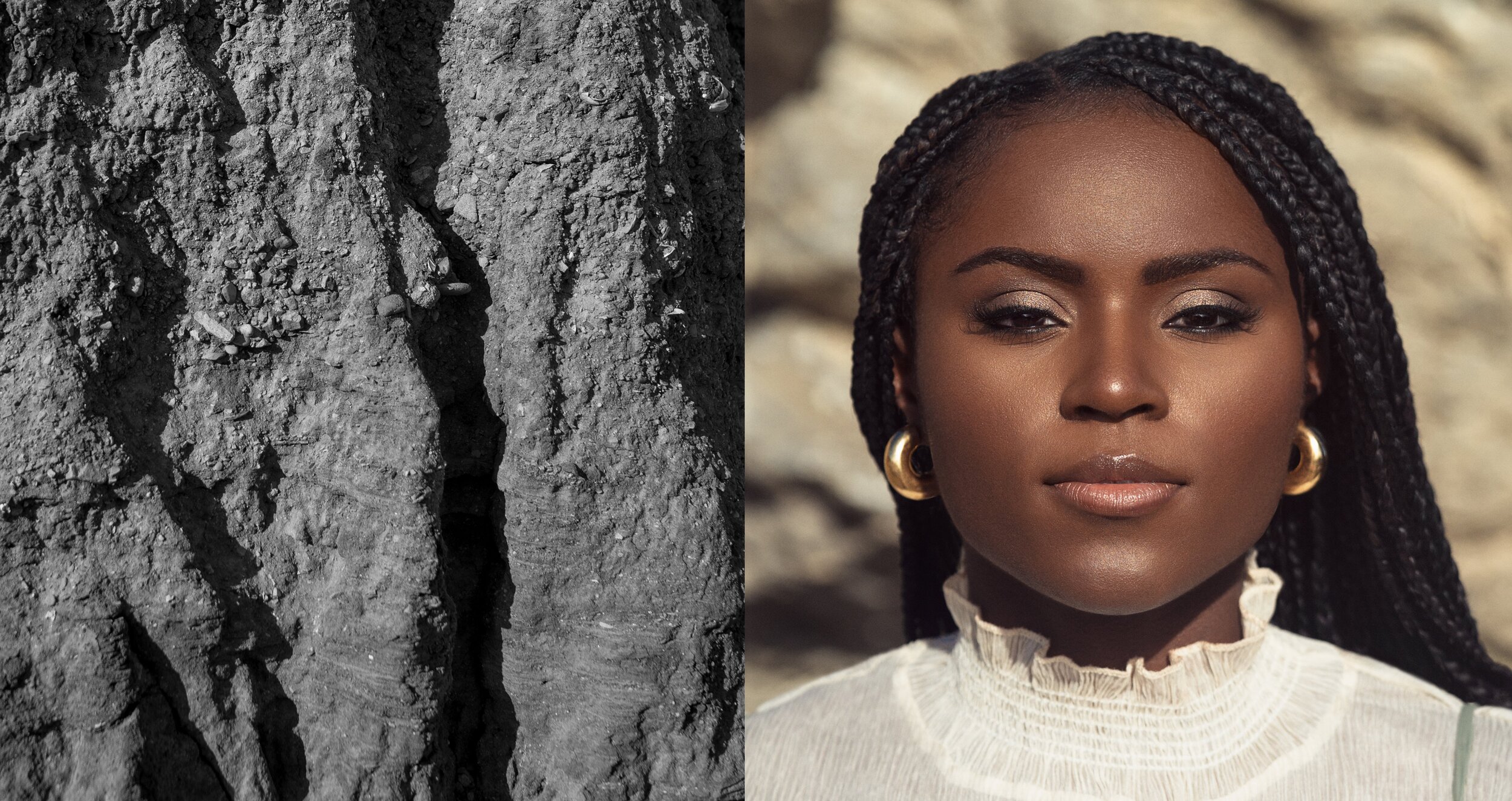Rebundle
Credit: Rebundle
Rebundle
As someone whose beauty regimen consists of washing my face with whatever shower gel is on hand and using Shea butter or any other lotion we have on hand, I never imagined that the amount women spent on beauty could be so high, let alone Black women.
I also couldn’t fathom the level of toxicity in our beauty products & how that could even be legal (More on that in a future post).
While I might not do that much when it comes to skincare, before having a child I took really good care of my hair myself. I grew my hair to waist length by using predominantly organic and & natural products on my hair with the exception of my husbands hair pomade from time to time & eat protectant spray.
I normally just wear my natural hair or flat ironed but I wanted to spend the whole summer in the sea & pools this year, especially after being locked in, so flat ironing was out of the question plus after having to cut off 8 inches I was no longer into the silk press. I started looking for places to buy braiding hair an came across an article on the toxicity of synthetic hair and other beauty products & decided to do some research on Kanekalon (synthetic hair made from a variety of chemical compounds - chemically treated plastic fibers & toxic dyes). Most synthetic braiding-hair is made of kanekalon fibers. So that $4 pack of beauty supply hair was out & after some more research, I discovered Rebundle.
Rebundle is a hair extension company that uses banana fibers to make hair extensions. The extensions are not only organic & natural, but they are also clean, vegan, & non-toxic. Founder, Ciara Imani May embodies the true spirit of entrepreneurship. She created Rebundle as a solution to a problem she & many women who wear synthetic hair extensions face; scalp irritation, hair loss, and exposure to toxic chemicals which cause all kinds of adverse health effects and end up adding “30 million pounds of pounds of plastic synthetic hair to landfills in the US each year.”
Credit: Rebundle
African Americans are the second largest consumer group in the United States spending over 1.3 trillion per year. But when it comes to the beauty industry, black women lead the pack spending a whopping 2.5 billion per year on haircare alone. According to a 2019 Nielsen report, black women spend approximately 9 times more than any other demographic on ethnic haircare and beauty products.
The same report also noted that Black women are “trendsetters” and are loyal to brands that they like. However, despite the fact that Black women are the backbone of the beauty industry,
“Black consumers are the least considered when it comes to diversity in product safety, choices, services, marketing and, even, investing. In addition, Black beauty products continue to be the most toxic on the market — with chemicals that aren’t even listed on the label and causing everything from respiratory disorders, early puberty, and reproductive developmental issues — including infertility and spontaneous miscarriages.”
So what exactly are we loyal to - brands that are knowingly poisoning us despite being their best customers? Are we loyal to being the biggest spenders on beauty products but not owning a significant percentage of the companies that produce the products we consume?
The black hair industry is largely owned by China, Korea, & India, with Blacks having a significant barrier to entry & ownership.
In an interview with MPR, Caren Coffey (a Black beauty supply owner) detailed her experience with Korean suppliers who “denied & or ignored” her requests for products while supplying a Korean-owned beauty supply directly across the street from her with brands she can’t get.
Curls founder, Mahisha Dellinger, told CNBC that despite having excellent personal credit she couldn’t secure a small business loan and ended up starting her business with her personal savings of $30,000. She stated that this is a problem that many women entrepreneurs face. On average “Black entrepreneurs start with $35,000 in capital compared to $107,000 for their white counterparts.”
The statistics above are staggering.
Credit: Rebundle
Credit: Rebundle
Credit: Rebundle
Rebundle = Sustainable, Safe, & Black owned
At the 2017 Emmys Issa Rae said “I’m rooting for everybody black.” I second that sentiment and I’m rooting for more black ownership in the industries that our dollars are built on. This year, I’m consuming less but when I do purchase something it should be of good quality, safe & non-toxic, human friendly, and help to create equity. Rebundle ticks all the boxes & even though the hair is sold out as soon as I receive an email saying that it’s available, I won’t be braiding my hair with extensions until I get my package from Rebundle. If we don’t own anything we will never have freedom & equity. One path to freedom is to support each other and help to expand our economic power which in turn gives us an irrevocable seat at the table.
Disclaimer - This post is not sponsored. We are not influencers interested in getting you to buy products we were paid to advertise. We are real people who share the stories, resources, and things we learn with our audience because we want to build a network of people who support each other, help each other, & we love our community. Your network is your networth! Let’s build together.






